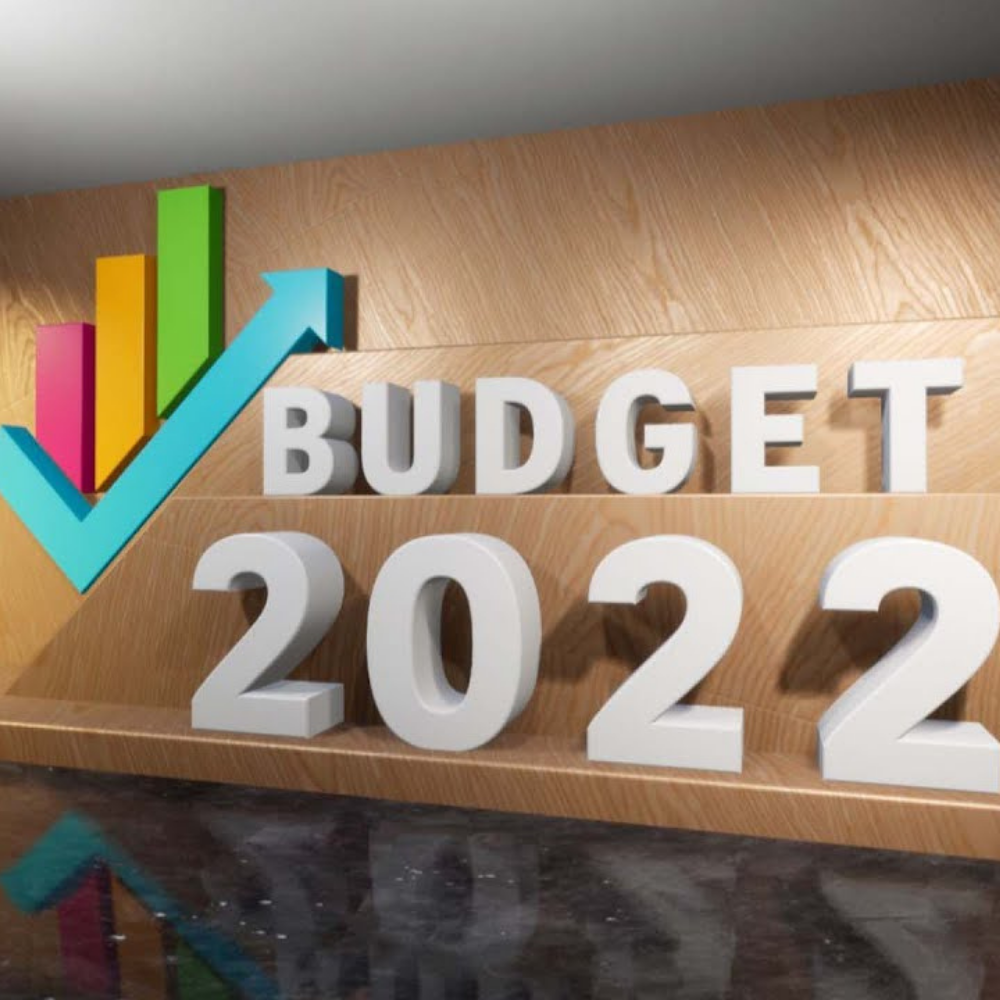Budget 2022: How STACS stacks up to Singapore’s new green agenda

It came as little surprise that the Singapore government made tackling climate change a core theme of their 2022 Budget, which was announced in February.
While in previous years the government had raised the issue of a carbon tax review, it was this year that we finally got confirmation on it increasing from $5 per tonne of emissions to as much as $50-$80 by the end of this decade.
To avoid any misunderstanding about this being a simple revenue-generation policy, Finance Minister Lawrence Wong was clear that funds raised from the higher rate of carbon tax would go towards incentives to help local businesses become greener.
Thus, the “green economy” was a clear theme of the Budget along with the need for accelerated investments into digital capabilities that over the longer term will strengthen Singapore’s international competitiveness and strategic position as an Environmental, Social, and Governance (ESG) or green finance hub.
Digital Innovation an imperative
On the digital specifically, Minister Wong highlighted the need for more innovation right across the Singapore economy, not only from the biggest enterprises but also from the small and medium-sized ones (SMEs).
More investments will be needed into R&D in the year ahead if we are to get ahead on digital and innovation agendas, which will be key to raising productivity, strengthening the entire business ecosystem, and remaining competitive beyond our own borders.
Our view at STACS is that the government has taken the correct approach through a range of policy measures and incentive schemes, generous in its support of firms willing to make the transition to the post-COVID era but also sober in its outlook for those falling behind.
Carbon tax and green finance
The tracking of ESG goals for companies across all sectors (e.g. transport, building and construction, manufacturing, food and agriculture, renewable energy, etc.) is vital for Singapore’s global standing.
Increasing the carbon tax not only puts pressure on these industries to become greener across their supply chains and operations, but it also indirectly supports technology innovators like us who are building the ESG tracking platforms.
Without increasing the carbon tax, investment in new technologies across many traditional sectors would be too slow as the economics of the situation would still favour the status quo.
As an ESG fintech platform provider, we believe that the Singapore government’s decision to raise the carbon tax as well as to signal a policy regime of gradually increasing the cost of carbon over the coming decades, is necessary to accelerate the nation’s adoption of green and sustainable finance.
STACS at the digital nexus of ESG finance
At STACS, we are fortunate to be innovating precisely at the Nexus of ESG finance (fintech) and the new green agenda, which positions us to be one of the leaders in a new generation of carbon services companies helping all constituents in our economy transition.
If you have been following this year’s Budget as closely as we have and are interested to find out more on how your organisation can navigate the green economy and make the green transition, please reach out to our team here for a quick 30 min exploratory chat.
With STACS ESGpedia, the ESG Registry in partnership with the Monetary Authority of Singapore’s (MAS) Project Greenprint, we’re helping businesses like yours, financial institutions and corporates alike, in Singapore and beyond become more transparent, accountable, and attractive to ESG-earmarked capital and environmentally-conscious market participants.
PRESS CONTACTS
If you are a journalist with media queries, contact us.





